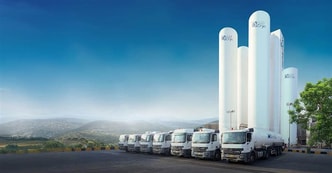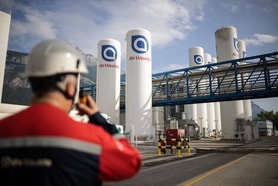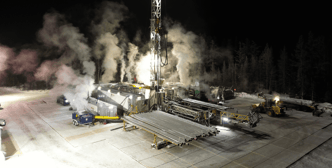UK Govt to support ‘home-grown’ clean energy with Green Industries Growth Accelerator
The UK Government announced yesterday £4.5bn ($5.6bn) in funding for British manufacturing to increase investment in eight sectors across the UK.
To be made available from 2025 for five years, the funding will be directed towards the automotive industry, aerospace, supporting the manufacturing, supply chain and development of zero emission vehicles and investment in energy efficient and zero-carbon aircraft equipment.
The government will also commit £960m ($1.2bn) for a Green Industries Growth Accelerator (GIGA) to support clean energy manufacturing and £520m ($652m) for life science manufacturing.
By supporting the expansion of home-grown clean energy supply chains across the UK, the GIGA investment will help drive the transition to Net Zero through carbon capture, utilisation and storage (CCUS), electricity networks, hydrogen, nuclear and offshore wind.
... to continue reading you must be subscribed
























